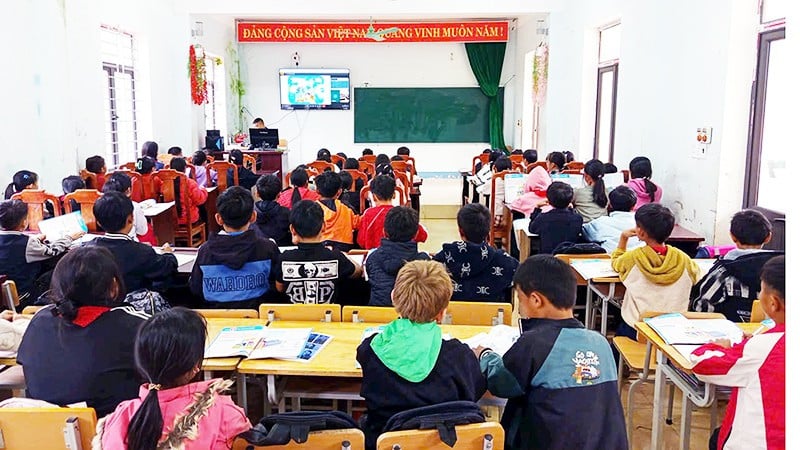
Pho La Secondary Boarding School organizes online English classes.
Hard work combining classes and teaching extra classes
Pho La Primary Boarding School for Ethnic Minorities (PTDT) in Pho La Commune has 16 classes with 441 students. From the 2023-2024 school year, grade 3 students are required to study English according to the 2018 general education program. Because the school does not have an English teacher, the local government has mobilized Ms. Vuong Anh Nguyet, an English teacher from Pho Bang Primary Boarding School for Ethnic Minorities, to teach extra classes.
Every week, Ms. Vuong Anh Nguyet teaches 24 periods/6 classes at the school where she works, and also teaches 9 additional classes (from grade 3 to grade 5) at Pho La school. Every day, Ms. Nguyet has to travel between the 2 schools, a distance of dozens of kilometers of steep slopes. If she teaches all 9 additional classes, Ms. Nguyet has to teach 36 periods; the total of 2 schools is 60 periods/week, nearly 3 times the standard for teachers at primary boarding schools.
In order to reduce the workload for teachers, Pho La School has organized combined English classes. From grade 3 to grade 5, each grade is organized into 1 class, each class has about 90 students. Mr. Nguyen Dinh Xuan, Principal of Pho La School, said that the large English classes make it difficult to increase interaction between teachers and students, which greatly affects the quality of education. However, the school still has to implement combined classes to reduce the number of teaching hours and reduce pressure on teachers.
Also in Pho Bang commune, Pho La Boarding Secondary School for Ethnic Minorities also does not have an English teacher. The Department of Education and Training of Tuyen Quang province has sent two teachers from Chiem Hoa High School and Thang 10 High School to support the school in teaching English online. The school has fully prepared facilities and equipment for online learning, and has assigned staff to manage the online classes to increase interaction between teachers and students. However, this form is very difficult to improve the quality of education.
Mr. Nguyen Trung Duan, Vice Principal of Pho La Boarding Secondary School for Ethnic Minorities, said that the school not only lacks English teachers, but also lacks Chemistry, Biology, Civic Education, Music, and Fine Arts teachers. For these subjects, the local government has to mobilize teachers from other schools in the area to teach extra classes.
According to statistics, Tuyen Quang is currently short of nearly 1,600 teachers compared to the assigned staff; short of 3,794 teachers compared to the standard set by the Ministry of Education and Training . The main reason comes from the difficult living conditions and working environment: difficult roads, lack of facilities, making it difficult to attract new graduates to work in mountainous communes.
Need priority and special mechanisms
Faced with the prolonged shortage of teachers, the education sector and local authorities have continuously resorted to many temporary solutions: seconding and transferring teachers from favorable areas to highland areas; opening online classes; signing contracts with new graduates; reviewing and arranging additional teachers between schools. Along with that, the Department of Education and Training coordinated with other sectors to advise on organizing civil servant recruitment exams to supplement resources for schools.
In reality, the implementation of the plan to order training and commit to recruiting these teachers immediately after graduation is a solution that needs to be implemented. In the old Ha Giang province, there was also a shortage of teachers in the subjects of English, Information Technology, Music and Fine Arts. In 2019, the Department of Education and Training of the old Ha Giang province sent more than 300 general education teachers to train for a second degree in the missing subjects. By the end of 2022, this team will graduate and return to teach in highland schools, partially solving the teacher shortage.
In addition, Tuyen Quang province has continued to rearrange schools and classrooms for preschool and general education in the area to ensure streamlining and efficiency, contributing to improving the quality of education and saving on teacher staff. In the 2025-2026 school year, the province will have 1,803 satellite schools for primary and preschool levels. There will be no satellite schools for middle and high schools.
In addition to the solutions that the province has proactively implemented, the resolution of the shortage of teachers in the highlands needs to be considered by the Central Government without streamlining teachers and staff in the education sector. At the same time, every year, supplement the number of teachers and staff lacking compared to the standards of the Ministry of Education and Training according to actual needs. In particular, there needs to be a mechanism for special recruitment into the education sector for students majoring in pedagogy trained under the form of orders.
Mr. Bui Quang Tri, Deputy Director of the Department of Education and Training of Tuyen Quang province, said that recruiting students to teach at schools in mountainous areas has been done for many years, but for subjects such as English, Math, and Information Technology, it is very difficult to recruit because there are no local human resources, while students in lowland areas do not want to go to highland areas.
According to Nhan Dan Newspaper
Source: https://baotuyenquang.com.vn/xa-hoi/202511/nan-giai-tinh-trang-thieu-giao-vien-o-tuyen-quang-fa326b1/


![[Photo] General Secretary To Lam receives Slovakian Deputy Prime Minister and Minister of Defense Robert Kalinak](https://vphoto.vietnam.vn/thumb/1200x675/vietnam/resource/IMAGE/2025/11/18/1763467091441_a1-bnd-8261-6981-jpg.webp)

![[Photo] Prime Minister Pham Minh Chinh and his wife meet the Vietnamese community in Algeria](https://vphoto.vietnam.vn/thumb/1200x675/vietnam/resource/IMAGE/2025/11/19/1763510299099_1763510015166-jpg.webp)





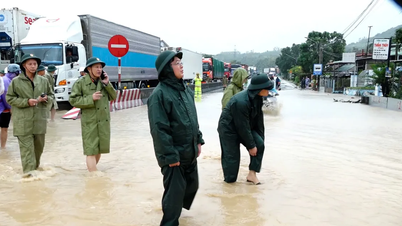



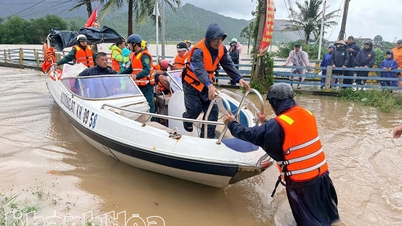

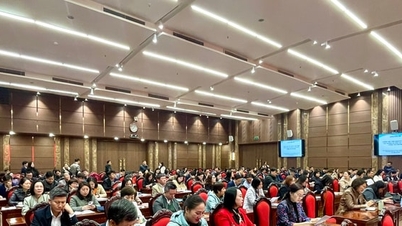
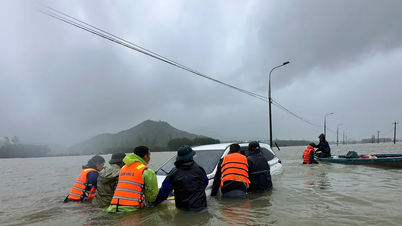






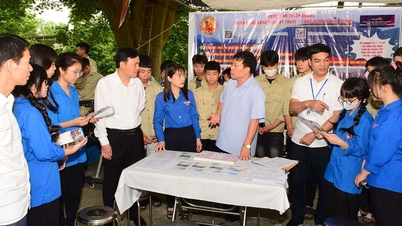
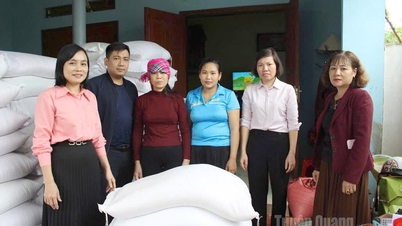













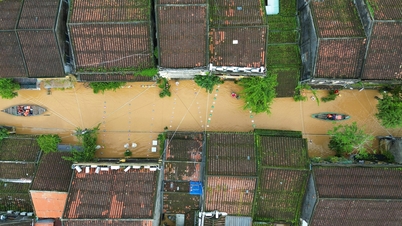



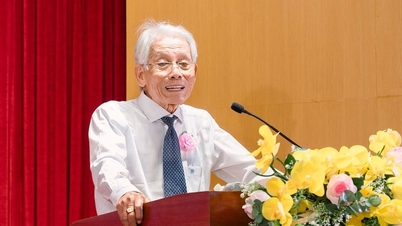



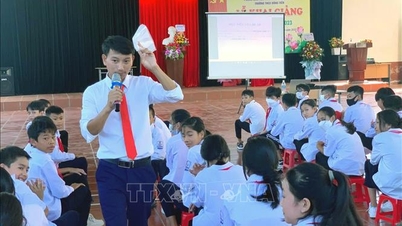










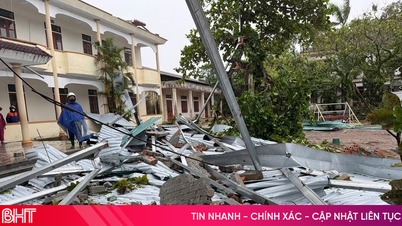










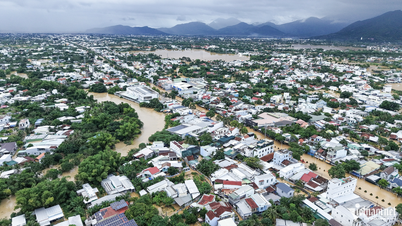


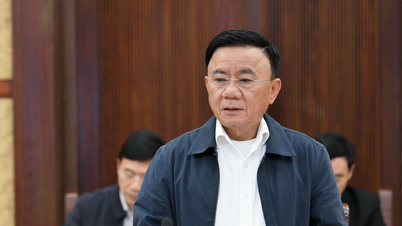






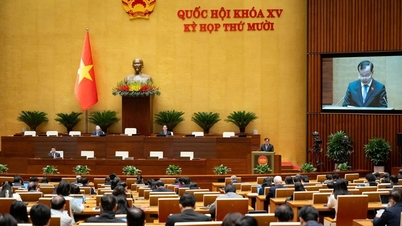


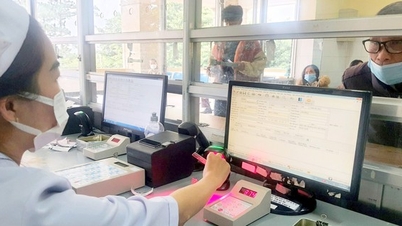

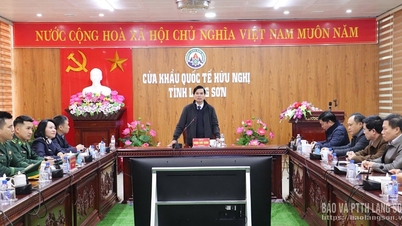

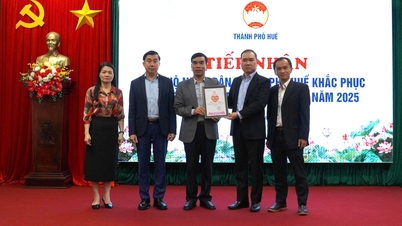


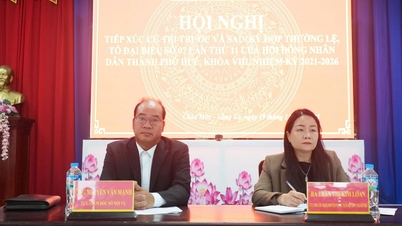
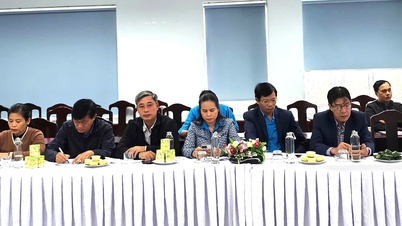














Comment (0)